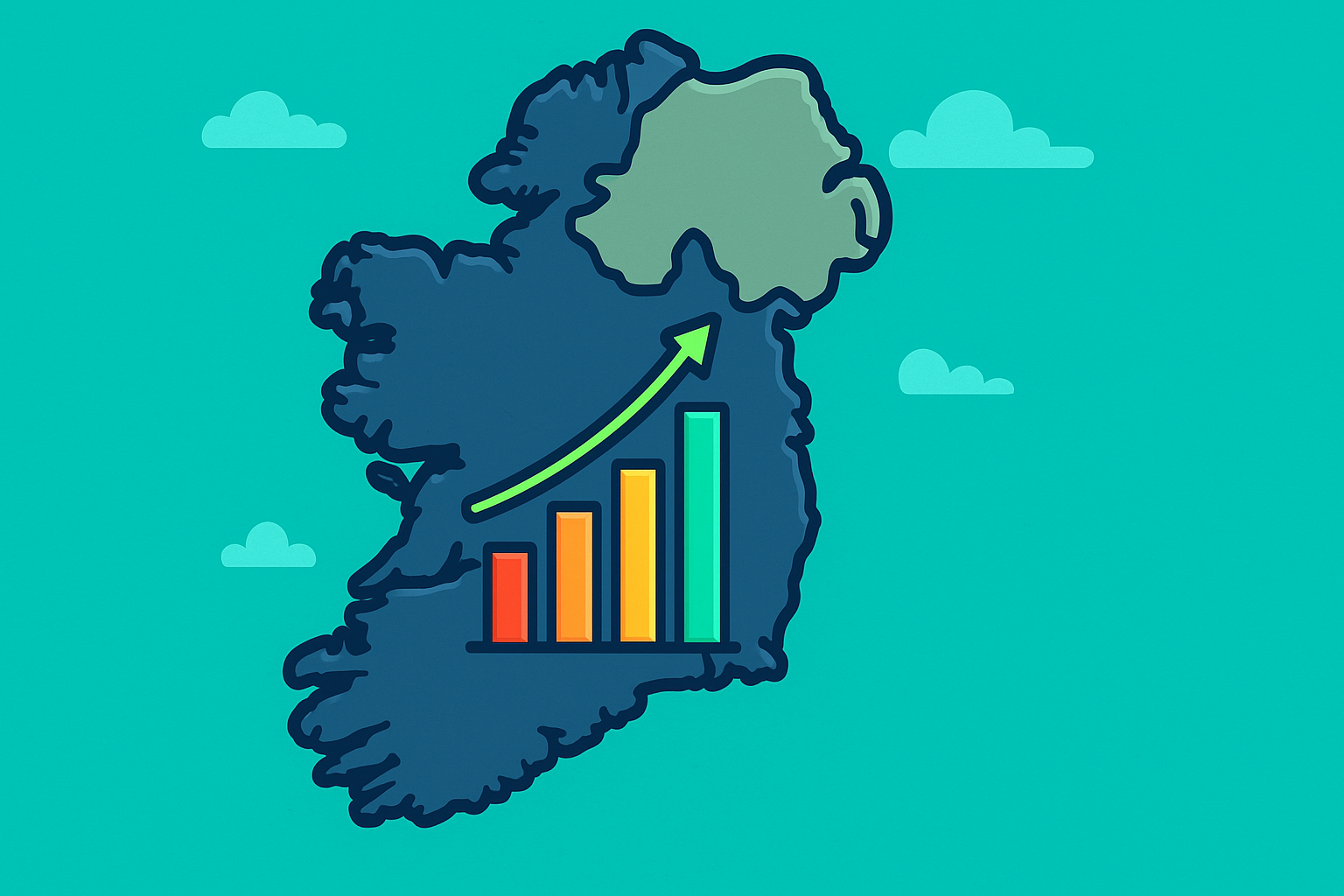Ireland’s Tax Haven Role Explained [7 Key Insights]
Introduction
A recent report highlighted a controversial truth: Ireland has become a magnet for multinational profits. Thanks to one of the lowest corporate tax rates in the world, big tech and pharma giants funnel billions through the Emerald Isle. But is this economic miracle sustainable, or just a tax illusion?
1. What Sparked the Debate
Ireland is often described as a “damp corner of Europe” that multinationals use to “magic away profits.” These profits are then taxed at Ireland’s famously low rate, just 12.5%, instead of higher rates in other countries.
2. Why Multinationals Choose Ireland
- Ultra-low tax rate compared to other EU nations
- English-speaking, EU-member advantage
- Skilled workforce in tech & pharma
- Attractive R&D incentives
This combination makes Ireland the perfect “home” for profits that are earned elsewhere.
3. Ireland’s GDP Boom
In early 2025, Europe reported GDP growth of 0.6%—but half of that came from Ireland alone. Despite being just 1% of the EU’s population, Ireland’s GDP jumped 9.7%, powered largely by corporate tax arrangements.
4. The “Saudi Arabia of Profits” Analogy
Just as Saudi Arabia dominates oil exports, Ireland dominates the business of hosting shifted profits. Instead of oil fields, its “resource” is tax policy.
Big multinational firms have found this damp corner of Europe a good place to magic away profits that are then taxed at one of the world’s lowest rates https://t.co/wCmaQFzpQ3
— The Economist (@TheEconomist) September 8, 2025
5. Global Tax Pressure
The OECD and G20 have been pushing for a global minimum corporate tax rate. If enforced, this could undercut Ireland’s advantage and reduce the billions flowing through Dublin.
6. The Criticism
- Other countries lose tax revenue when profits are routed to Ireland.
- Ireland’s GDP figures are seen as inflated and distorted.
- Heavy dependence on foreign companies makes Ireland’s economy fragile.
7. Ireland’s Balancing Act
For now, Ireland continues to benefit. But policymakers know the model is vulnerable. If global reforms advance, the country may need to diversify beyond its “petro-state” status in profit-shifting.
FAQs
Q1: What is Ireland’s corporate tax rate?
Ireland’s standard corporate tax rate is 12.5%, one of the lowest in the developed world.
Q2: Why is Ireland compared to Saudi Arabia?
Because, like Saudi Arabia dominates oil, Ireland dominates the hosting of multinational profits through tax incentives.
Q3: Which companies benefit most?
Tech firms like Apple, Google, and pharma giants like Pfizer are among the largest beneficiaries.
Q4: How does this affect the EU economy?
It boosts short-term GDP growth, but also raises questions about fairness and sustainability.
Conclusion
Ireland’s rise as the “Saudi Arabia of siphoned-off profits” forces us to ask deeper questions about the future of global capitalism. On one hand, its tax model has undeniably attracted investment, jobs, and prestige. On the other, it highlights the fragile nature of growth built on loopholes rather than production.
If global reforms succeed, Ireland may need to rethink its economic foundations. But perhaps the bigger issue is this: should nations compete by racing to the bottom on taxes, or should the world move toward fairer, collective rules of taxation?
This debate is more than numbers—it is about whether globalization rewards ingenuity or encourages profit-shifting at the expense of society. And that’s a question every reader must wrestle with.


0 comments